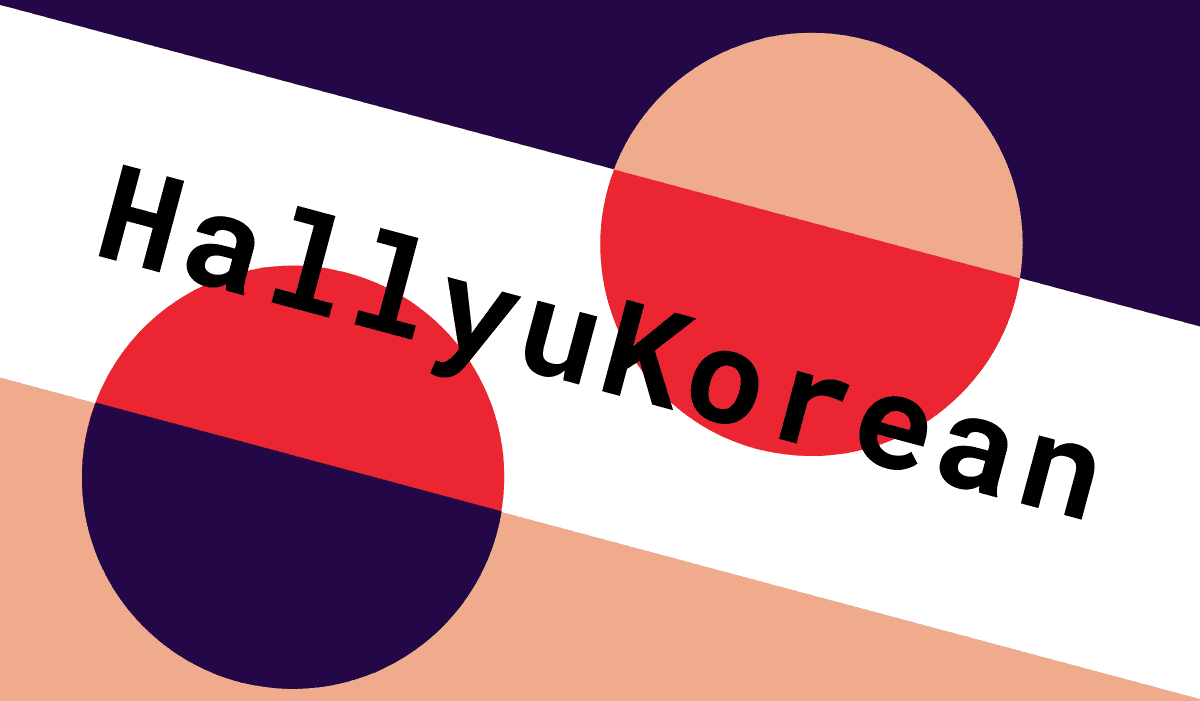Korean words for word, talk, thought, think, sound, lie, really : 말, 말하다, 생각, 생각하다, 소리, 거짓말, 정말
Let’s learn Korean words for word, talk, thought, think, sound, lie, really with BLACKPINK lyrics.
Click the play button below to listen to all the BLACKPINK lyrics used in this post.
말 [mal] word, talk
많은 말은 필요 없어
ma-neun ma-reun pi-ryo eop-seo
I don’t need many words
*많은(많다(to be many) + 은(noun modifier)) +
말(words) + 은(topic particle) +
필요(need) +
없어(don’t have)
(*In English, there is a strict distinction between singular and plural, but in Korea the concepts are mixed and the plural is commonly used as the singular.
In this sentence, 말(singular form of word) is used instead of 말들(plural form of word, 들 is a plural suffix).)
말하다 [mal-ha-da] to say, to talk
아냐. 괜찮다고 말하지만, Don’t know what to do without you
a-nya. gwaen-chan-ta-go mal-ha-ji-man, don’t know what to do without you
Although I say I am fine, Don’t know what to do without you
*아냐.(No.) +
괜찮다고(be okay) +
말하지만(말하다(say) + 지만(but)) +
Don’t know what to do without you
(*네, 예 means ‘yes’ and 아니오, 아니야 means ‘no’.
네, 예 is used to confirm that the statement is true and 아니오, 아니야(=아냐) is used to say that the statement is not true.)
생각 [saeng-gak] thought
생각은 지루해
saeng-ga-geun ji-ru-hae
Thoughts are boring
*생각(thought) + 은(topic particle) +
지루해(be boring)
생각하다 [saeng-gak-ha-da] to think
날 당연하게 생각하는 너지만 그게 너다워
nal dang-yeo-na-ge saeng-gak-ha-neun neo-ji-man geu-ge neo-da-wo
You take me for granted, but that’s you
*날(나(I) + 를(object particle), =날) +
당연하게(natural)+
생각하는(생각하다(thing) + 는(noun modifier)) +
너지만(너(you) + 이다(be) + 지만(though), =너이지만)
그게(그(that) + 것(thing) + 이(subject particle), =그게) +
너(you) + 다워(답다(be like), =다워)
소리 [so-ri] sound
이젠 그저 개 짖는 소리
i-jen geu-jeo gae jit-neun so-ri
Now you sound like a barking dog
*이젠(now, =이제는) +
그저(just) +
개(dog) +
짖는(짖다(bark) + 는(noun modifier)) +
소리(sound)
거짓말 [geo-jit-mal] lie
때론 거짓말 같지 않은 거짓말을 난 원해
ttae-ron geo-jit-mal gat-ji a-neun geo-jit-ma-reul nan won-hae
Sometimes I want a lie that doesn’t feel like a lie
*때론(sometimes, =때로는) +
거짓말(거짓(false, fake) + 말(word)) +
같지 않은(같다(be same) + ~지 않다(don’t) +은(noun modifier)) +
거짓말(거짓(false, fake) + 말(word)) + 을(object particle) +
난(나(I) + 는(topic particle), =난) +
원해(want)
(*Verb[adjective] stem + 지 않다 : don’t, can’t)
정말 [jeong-mal] really
정말 내 세상엔 네가 필요해
jeong-mal nae se-sang-en ne-ga pi-ryo-hae
I really need you in my world
*정말(really) +
내(나(I) + 의(of), =내) +
세상(world) + 엔(at[to], =에는) +
네가(너(you) + 가(subject particle), =네가) +
필요해(필요(need) + 하다(do, =해))
Grammar Reference
*Adjective[verb] stem + 지만 : but, however
ex) 말하지만 : 말하다(say) + 지만(but)
너지만 : 너(you) + 이다(be) + 지만(though), =너이지만
~지만 is usually used as a conjunction to link two sentences.
*Adjective[verb] stem + ㄴ/은/는/을 + noun : noun that adjective[verb]
ex) 많은 말 : 많은(많다(be many) + 은(noun modifier) + 말(words)
생각하는 너 : 생각하다(thing) + 는(noun modifier) + 너(you)
짖는 소리 : 짖는(짖다(bark) + 는(noun modifier) + 소리(sound)
같지 않은 거짓말 : 같지 않은(같다(be same) + ~지 않다(don’t) +은(noun modifier) + 거짓말(lie) + 을(object particle) +
ㄴ/은/는/을 is added to verbs and adjectives to make them work as noun modifiers.
*Tense
*Present tense : Adjective/verb stem + ~아/어/해요
*Past tense : Adjective/verb stem + ~았/었/했어요
*Future tense : Adjective/verb stem + ~(으)ㄹ 거예요 / ~ㄹ 게요/ ~겠어요
The basic way to get the verb/adjective stem is to remove 다 from the verb/adjective.
If there is a vowel ㅏ or ㅗ on the final syllable of the adjective/verb stem, 아요(present tense), 았어요(past tense), 을 거예요(future tense) is used.
If there is a vowel other than ㅏ or ㅗ on the final syllable of the adjective/verb, 어요(present tense), 었어요(past tense), ㄹ 거예요(future tense) is used.
Also, if there is 하다 in the adjective/verb, 하다 changes to 해요(present tense), 했어요(past tense), 할 거예요(future tense).
Below you can see the conjugation of 말하다, 생각하다 by tenses.
| Present tense | Past tense | Future tense | |
| 말하다 | 말해요 | 말했어요 | 말할 거예요 |
| 생각하다 | 생각해요 | 생각했어요 | 말할 거예요 |
*Speech levels
The three most commonly used Korean speech levels are 합쇼체 (formal polite), 해요체 (informal polite) and 해체 (informal plain).
*The formal polite style : Adjective/verb stem + ~(스)ㅂ니다
~(스)ㅂ니다 is used more in formal or public situations including the military, news, reporting presentations, meetings and lectures. It’s mainly used to address large gatherings or people you don’t know personally.
*The informal polite style : Adjective/verb stem + ~아/어/해요
~아/어/해요 is most commonly used in everyday life. Compared to the formal polite style, the informal polite style is softer and less formal, so it is mainly used among family members, friends, shopkeepers and other close acquaintances.
*The informal plain style : Adjective/verb stem + ~아/어/해
As for the informal plain style ~아/어/해, it is mainly used among friends from superiors to people of lower rank and among family members.
Below you can see the conjugation of 말하다, 생각하다 by speech levels.
| Formal polite | Informal polite | Informal plain | |
| 말하다 | 말합니다 | 말해요 | 말해 |
| 생각하다 | 생각합니다 | 생각해요 | 생각해 |
BLACKPINK music video to enjoy
Well done for making it this far.
Watch the 휘파람 (WHISTLE) music video above and see if you can hear “많은 말은 필요 없어”, which you learned today.


